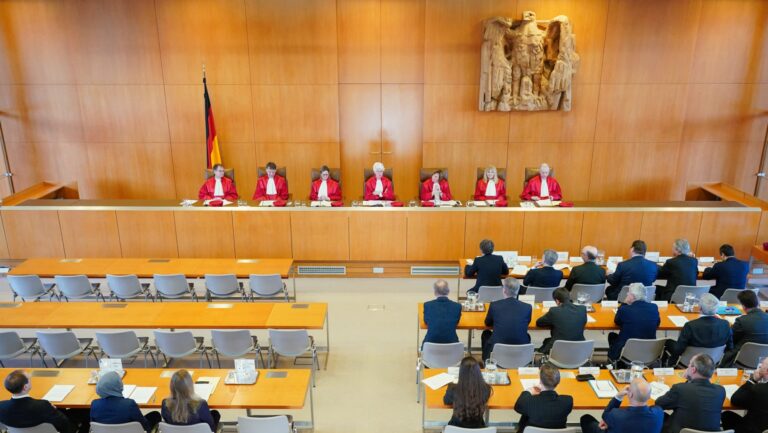Since the beginning of the war in Ukraine, European countries have been looking for other sources of energy to gain independence from Russian gas deliveries. With many international supplies being tied up contractually for multiple years, the United States has been one of the primary partners in filling the gap.
Very recently, EU recipients of U.S. gas suffered a setback when, on June 8th, the largest of the State’s suppliers caught on fire. A fire at the Freeport LNG (liquified natural gas) facility in Texas, which provides 70% of its export capacity to the EU and Britain, followed an explosion caused by a breach in pressurized pipes that transferred LNG from storage tanks to the docks. No people were injured in the incident.
Nevertheless, the damage will be life-altering for many, especially for its overseas partners. The terminal at Freeport provides 20% of all liquified natural gas exports. Now, the plant has been shut down until September; afterwards, it will resume partial operation until the end of the year, when in 2023 it should regain full function.
Because of this incident, the already high gas prices in Europe soared higher, while gas prices in the U.S. fell respectively, since more gas hit the domestic market in the U.S. and couldn’t be exported: EU gas prices increased by 21%, while simultaneously causing a price drop in the U.S. by 17%. Increased demand from Europe had previously caused a relative gas shortage in the U.S., which had driven up gas prices in the U.S. prior to the fire. Paul Cicio, chief executive of the Industrial Energy Consumers of America—a trade group that has called on Congress to limit expanded LNG export permits—said that “it should be alarming to federal policymakers that the Freeport LNG terminal is having such a significant impact on prices.”
Investigators explain the prolonged delay—almost six months before running the plant at full capacity again—as a necessary step for understanding the cause of the explosion, in order to avoid similar incidents in the future. Analysts at the consultancy Rystad Energy “expect Europe will be the region most impacted by this incident.”
For Europe, the incident may prove disastrous, as it adds additional stress to a highly volatile energy situation. On June 23rd, the German minister of economy, Robert Habeck of the Greens, officially declared the second of three levels of a gas emergency, which led to the Green’s begrudgingly reopening coal plants to save gas for the coming winter.
Many experts are already predicting that Europe will face serious problems with its gas supply in the upcoming winter. As things stand, there is not a lot of room for further unexpected accidents, such as the fire at Freeport LNG, before Europeans will have to start investing in heavy blankets.





